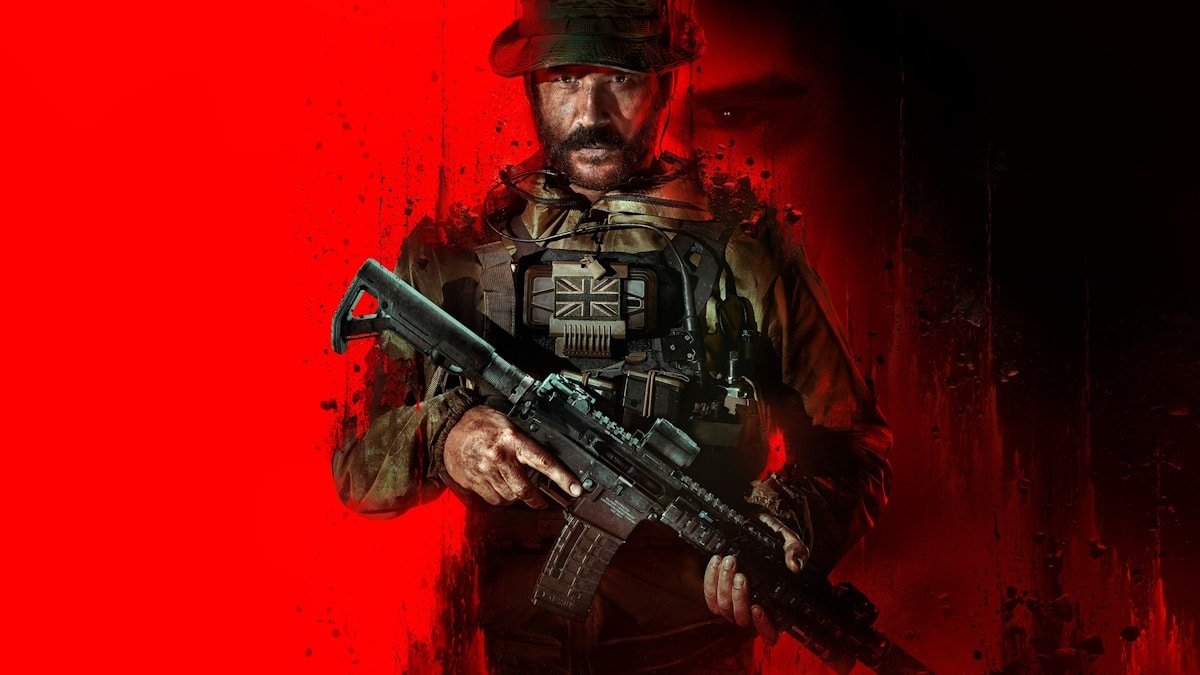Baldur God of War: A Compelling Villain with Depth and Power
When you think of God of War, you envision massive battles, complex characters, and a gripping narrative filled with mythological wonders. Among the many remarkable figures in the 2018 baldur god of war, the unfeeling god, stands out as one of the most captivating and emotionally charged characters. With his indomitable power, tragic backstory, and intense confrontations with Kratos, Baldur adds a dynamic layer to the story that leaves a lasting impact.
In this article, we’ll explore Baldur God of War, why his character is crucial to the storyline, and what makes him such a powerful antagonist. Whether you’re new to the series or a longtime fan, this exploration of Baldur will help you understand why he is one of the most unforgettable characters in the God of War universe.
The Tragic Origin of Baldur: A Norse God with a Curse
Baldur god of war is a central figure in Norse mythology, known as the beloved son of Odin and Freya. In God of War, his story takes a darker turn. Cursed with invulnerability by his mother Freya to protect him from harm, Baldur cannot feel pain or pleasure, warmth or cold, or even the satisfaction of a simple touch. What was intended to be a gift of protection becomes a curse that drives him to the brink of madness.
In the game, Baldur’s inability to feel anything—emotionally or physically—creates a sense of profound tragedy. His desperation to regain his senses leads him to resent his mother, driving much of his character’s conflict. This narrative sets the stage for an intense rivalry with Kratos, the game’s protagonist, who also carries the weight of his own complex and tortured past.
Why Baldur is One of the Best Villains in Gaming
Baldur god of war strength as an antagonist comes not only from his godlike abilities but also from his intricate and well-developed personality. Unlike many typical villains who crave power or destruction, Baldur is driven by an entirely different motivation—his desire to feel again. This makes him a relatable character, despite his villainous actions. He is both fearsome and pitiful, a tragic figure whose pain transcends the usual black-and-white morality of video games.
Similar to how racing games often require players to navigate with precision and skill—highlighting the importance of control, speed, and overcoming obstacles—Baldur’s struggles in God of War parallel those challenges. If you enjoy games that test your reflexes, like Xbox 360 racing games, Baldur’s battles will keep you on edge, requiring quick thinking and adaptability.
Baldur God of War Emotional Storyline
At its core, God of War is a story of fathers and sons, burdened by the past yet striving for redemption. Baldur’s complicated relationship with his mother mirrors Kratos’ own journey as a father to Atreus. The emotional weight of Baldur’s story not only makes him a powerful foil to Kratos but also adds layers to the game’s exploration of family dynamics and the human condition.
Every encounter with Baldur feels personal—he is not just a random villain standing in the hero’s way. He embodies deep-seated pain and yearning, which humanizes him and makes every clash with Kratos charged with emotion. This dynamic raises the stakes of their confrontations, as Kratos must balance his role as a protector to Atreus while also grappling with his shared sense of familial duty and tragedy.
In a way, much like how players engage with multiplayer modes to prove their skills and outmatch opponents in creative challenges—such as in hashtag game—Baldur’s story brings a competitive, deeply personal edge to his battles with Kratos, elevating the stakes of every confrontation.
Showdown with Baldur: The Fight for Freedom
One of the most unforgettable aspects of Baldur’s character is his unrelenting determination to break free from his curse. Throughout God of War, relentlessly pursues Kratos and Atreus, mistakenly believing that they hold the key to freeing him from his invulnerability. His battles with Kratos are some of the most intense and memorable in the game.
The final fight with Baldur is a climactic moment that underscores the character’s complexity. After a brutal, drawn-out battle, Freya intervenes to save her son, but Baldur’s rage and resentment toward his mother prove too strong. He tries to kill her, but Kratos intervenes and, in a moment of necessity, ends Baldur’s life to prevent the cycle of familial violence from continuing.
How Baldur’s Death Changes God of War’s Future
Baldur’s death at the hands of Kratos serves as a turning point for both the protagonist and the overarching story. In killing Baldur, Kratos hopes to end the violence and ensure Atreus doesn’t follow the same destructive path. However, Baldur’s death does not bring closure—instead, it ignites the wrath of Freya, who vows vengeance. This sets the stage for future conflicts in the series, particularly the anticipated consequences in God of War: Ragnarok.
Expertly Written and Performed: The Actor Behind Baldur
Baldur’s character is brought to life by the incredible performance of actor Jeremy Davies. His portrayal is raw, emotional, and captivating, adding nuance to Baldur’s every word and action. Davies infuses Baldur with a sense of fragility and vulnerability, despite the character’s godlike powers, making him one of the most emotionally complex villains in gaming.
FAQs About Baldur in God of War
What is Baldur’s curse in God of War?
Baldur’s curse, placed on him by his mother Freya, makes him invulnerable to harm, but it also robs him of the ability to feel anything, including pleasure, pain, or even touch.
Why does Baldur hate Freya?
Baldur resents Freya because she placed the curse on him to protect him from harm, which, in turn, stripped him of his ability to feel anything. He views the curse as an unbearable prison and blames his mother for his misery.
How does Baldur die in God of War?
Baldur dies at the hands of Kratos after a climactic battle. Kratos kills Baldur to prevent him from murdering Freya, his own mother.
What does Baldur’s death mean for the future of God of War?
Baldur’s death has significant consequences for the God of War universe. Freya, heartbroken and enraged by her son’s death, vows revenge against Kratos, setting the stage for future conflict in the series.
Why is Baldur such a memorable villain?
Baldur is memorable because of his complex motivations, tragic backstory, and emotional depth. He is not a villain driven by power or evil but by a deep, personal pain that makes him relatable, even sympathetic, despite his actions.
Conclusion:
Baldur god of war character in God of War stands as a testament to the power of narrative-driven video games. His tragic story, compelling motivations, and heart-wrenching interactions with Kratos and Freya elevate him beyond the role of a mere antagonist. Baldur is a villain that players will remember not just for his incredible strength but for the profound emotions he evokes.
His death sets in motion a chain of events that promises to have a lasting impact on the series. As we look toward the future of God of War, the legacy of Baldur’s tragic curse and his impact on Kratos and Atreus will undoubtedly resonate in the hearts of players for years to come.




Post Comment